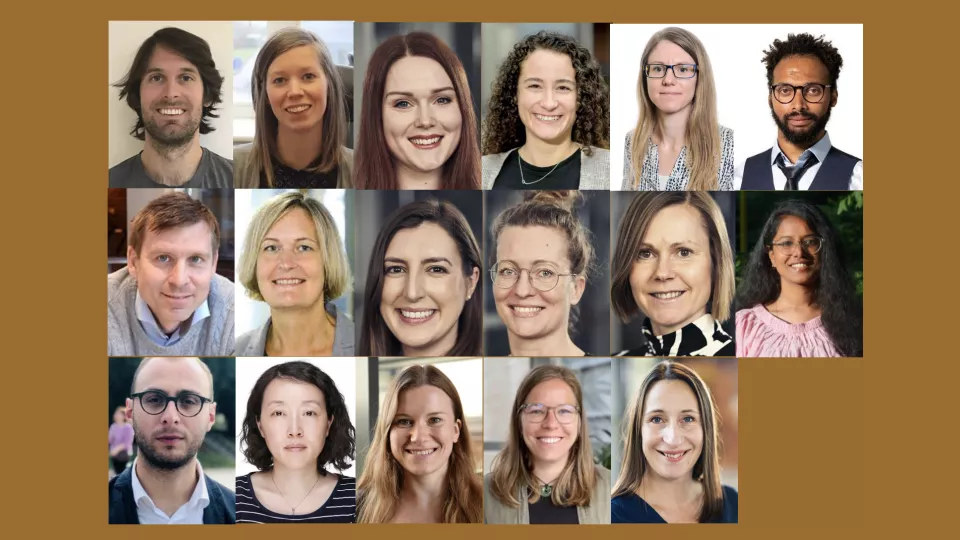The DEI-working group led by Nicholas Leigh and Sofie Mohlin believe that we need to talk more about thefact thatacademia is and has historically been an exclusive, and formany, unreachableplace.
“By talking about issues surrounding diversity, equity, and inclusion we are aiming to increase inclusion and belonging. We hope that this has various impacts, including encouraging individuals from all backgrounds to think about science as a career, enabling LU to recruit diversely, and maintaining a diverse and inclusive environment at the University.”
“If we instead foster a greater sense of belonging, we can boost feelings of safety and connection, ultimately leading to improvements in innovation and productivity."
Recilience tools
Nicholas Leigh and Sofie Mohlinhope that the attendees will leave the seminar with resilience tools and the mindset necessary to address challenges within their research and collaborations and foster higher degrees of wellbeing.
“These tools include reshaping our inner critic, which often fuels feelings of perfectionism and imposter syndrome, as well as strategies to promote balance in our lives to be more creative, motivated, and productive. Our aim is to initiate dialogues surrounding what is tolerated in academic environments and identify actionable steps to promote well-being and a greater sense of belonging and inclusion by raising awareness throughout the whole center.”
How to promote recovery and well-being
“Academic institutions can support academic resilience and well-being by promoting education and awareness about mental health issues, offering accessible mental health services, and establishing peer support programs, among others. Additionally, they should encourage a healthy work-life balance, introduce stress reduction initiatives, foster social connection, and provide training for faculty and staff on DEI related issues. It is also critical to put into place and strategies and for recognizing signs of distress in students and staff. By prioritizing these measures, institutions can create a supportive environment that promotes student and staff success and overall well-being.”


